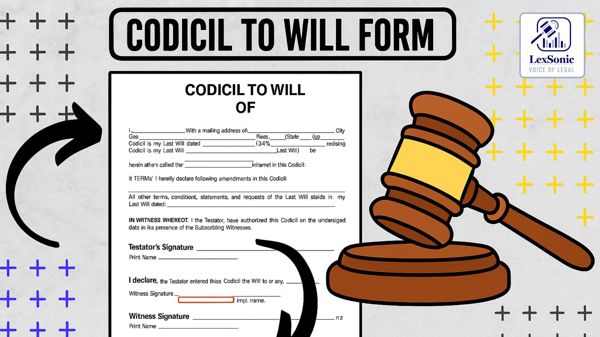Suit Over Father's Will and Codicil Dismissed as Time-Barred: Supreme Court Upholds Trial Court's Decision.
15 April 2025
Civil Appeals >> Civil & Consumer Law | Will's, Codicil's & Agreements >> Personal Law
The case originated from a suit filed by Shri Hitesh P. Sanghvi in the City Civil Court, Ahmedabad, in November 2017. Sanghvi sought a declaration that the Will dated February 4, 2014, and the Codicil dated September 20, 2014, executed by his deceased father, Pramod Kesurdas Sanghavi, were null and void. He also sought a permanent injunction to restrain the defendants – his three sisters and a grandson – from acting upon the said testamentary documents.

Subsequently, one of the defendants filed an application under Order VII Rule 11 of the Code of Civil Procedure (CPC), seeking rejection of the plaint on the ground that the suit was not filed within the prescribed limitation period. Similar applications were filed by other defendants. The trial court, upon examining the plaint's averments, concluded that the plaintiff gained knowledge of the Will and Codicil in the first week of November 2014. Applying Article 58 of the Limitation Act, 1963, which prescribes a three-year limitation period for declarations not specifically covered elsewhere, the trial court held that the suit, filed on November 21, 2017, was time-barred and accordingly rejected the plaint.
The Supreme Court, hearing the appeal against the High Court's decision, focused on whether the suit was indeed barred by limitation based on the plaint's content. The Court noted that the primary relief sought was the declaration of the Will and Codicil as null and void, with the permanent injunction being a consequential relief dependent on the success of the primary claim.
The Court reiterated the mandatory nature of Section 3 of the Limitation Act, which requires courts to dismiss any suit instituted after the limitation period, even if the defense of limitation is not raised.
In its final order, the Supreme Court set aside the High Court's judgment and restored the trial court's decision, thereby rejecting the plaintiff's suit as barred by limitation under Order VII Rule 11(d) CPC.
